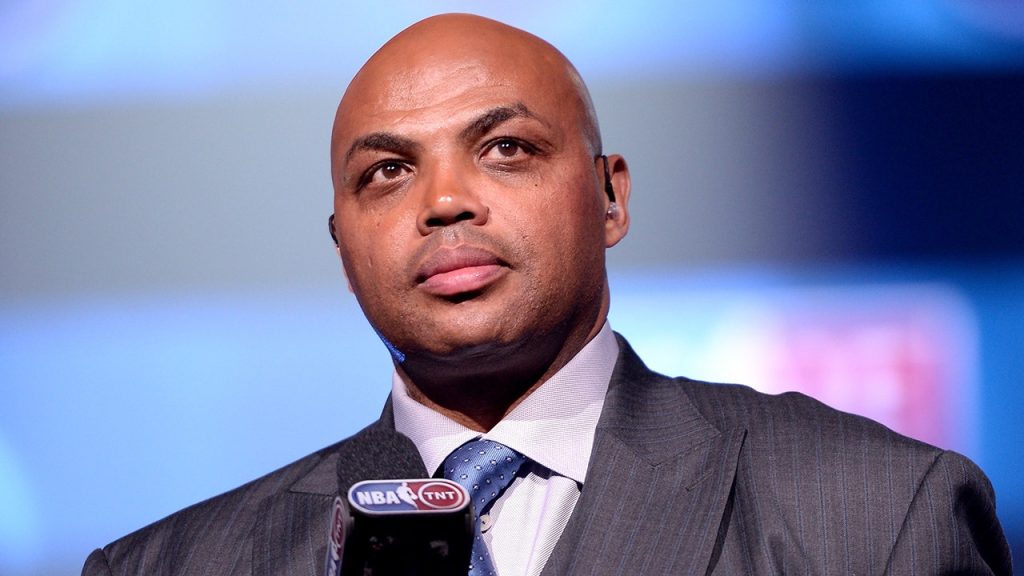Charles Barkley, the outspoken NBA Hall of Famer and TNT analyst, has reignited his feud with the city of San Francisco, vehemently declaring his refusal to attend the upcoming NBA All-Star Game hosted in the Golden State Warriors’ home city. Barkley’s disdain for San Francisco, which he has previously labeled “rat-infested” and a haven for “homeless crooks,” was once again on full display during a recent episode of “Inside the NBA.” While discussing the All-Star candidacy of Detroit Pistons’ rising star Cade Cunningham, Barkley predicted Cunningham’s selection but emphatically stated his own absence from the festivities, reiterating his aversion to the city.
Barkley’s comments sparked a lively debate among his colleagues, with some defending San Francisco’s beauty and walkability. However, Barkley remained unmoved, doubling down on his criticisms and painting a grim picture of the city’s streets. He even suggested the need for a bulletproof vest to navigate the city safely, a stark contrast to the image of a vibrant, culturally rich metropolis often associated with San Francisco. This latest salvo in Barkley’s ongoing feud with the city further solidifies his position as a vocal critic of San Francisco’s perceived urban decay and social issues.
Barkley’s previous attacks on San Francisco have drawn the ire of prominent figures associated with the city, including Warriors star Draymond Green and WNBA star Candace Parker. Green, in particular, has engaged in a public back-and-forth with Barkley, labeling him “crazy” and unwelcome in San Francisco. Parker, while expressing her love for the city, was swiftly rebuked by Barkley, who disputed her claim and emphasized the alleged dangers of walking the city’s streets. These exchanges highlight the polarizing nature of Barkley’s views and the strong reactions they elicit from those connected to San Francisco.
The controversy surrounding Barkley’s comments underscores a broader debate about the challenges facing San Francisco, particularly issues of homelessness, crime, and affordability. While Barkley’s rhetoric may be hyperbolic and inflammatory, it taps into concerns shared by some residents and observers about the city’s struggles with these issues. His pronouncements, however provocative, contribute to a larger conversation about the state of San Francisco and the efforts to address its complex urban problems.
Newly elected San Francisco Mayor Daniel Lurie has pledged to tackle these challenges head-on, prioritizing public safety, affordable housing, and addressing the city’s drug and behavioral health crisis. Lurie’s ambitious agenda reflects an acknowledgement of the very issues that Barkley has so vocally criticized. Whether Lurie’s efforts will succeed in allaying Barkley’s concerns and changing his perception of the city remains to be seen. However, his focus on these critical areas suggests a determination to address the problems that have fueled Barkley’s ongoing critique.
The clash between Barkley and San Francisco represents more than just a personal feud; it reflects a broader tension between perceptions and realities of urban life. Barkley’s pronouncements, while often delivered with his characteristic bluntness and humor, touch upon real concerns about urban decay and social issues. On the other hand, the defenses of San Francisco highlight the city’s enduring appeal and the ongoing efforts to address its challenges. This ongoing dialogue, however contentious, serves as a reminder of the complex and multifaceted nature of urban environments and the diverse perspectives that shape our understanding of them.

